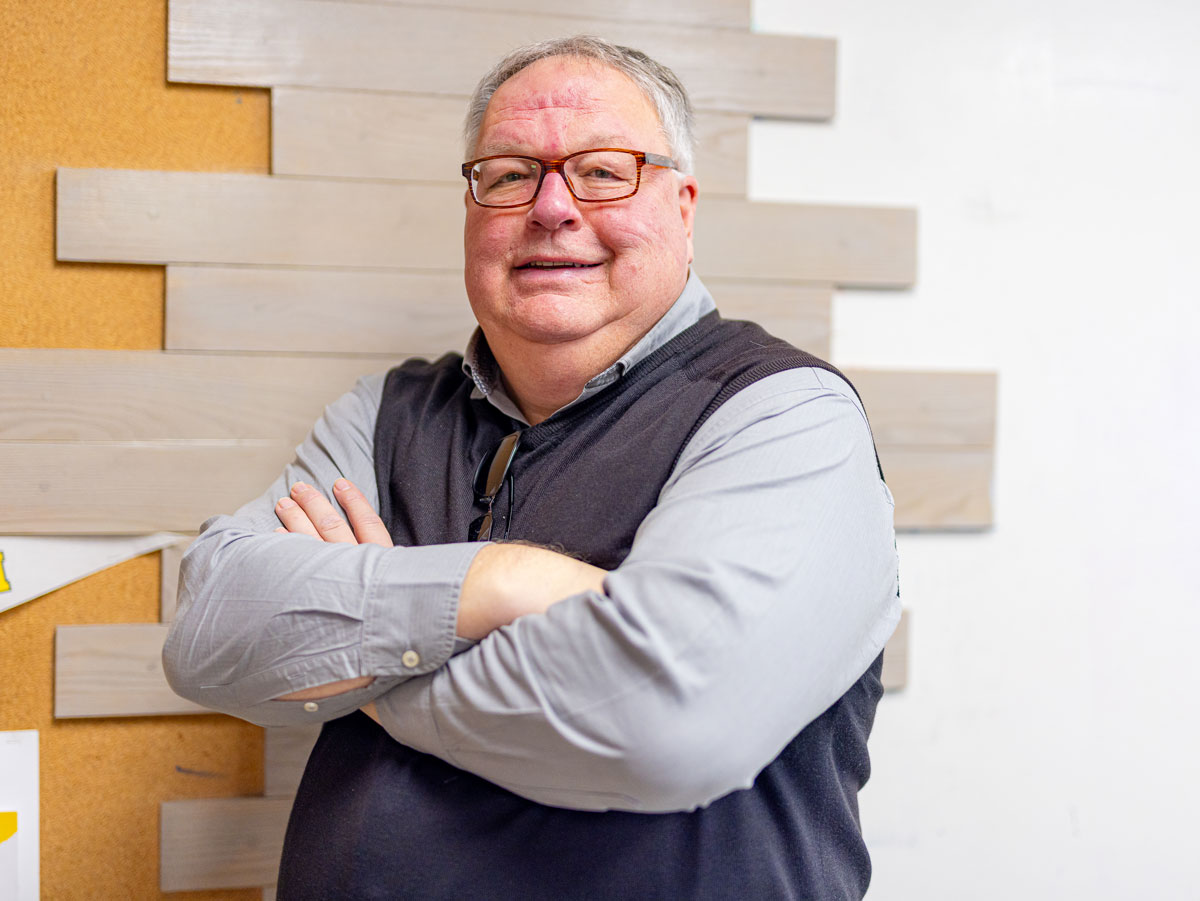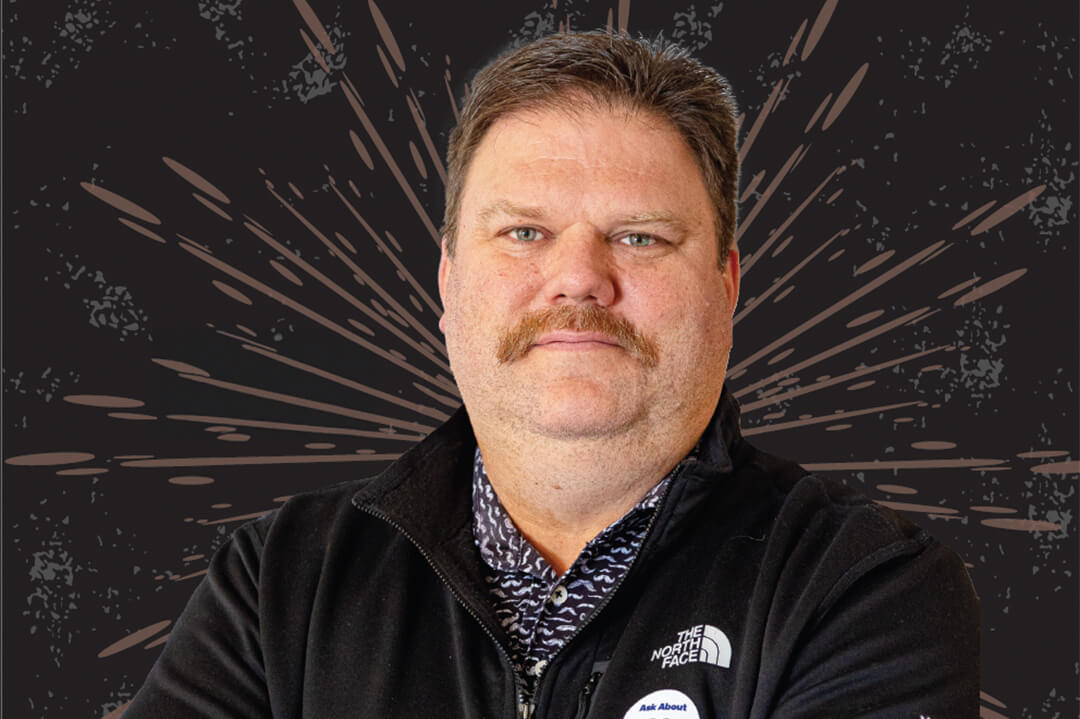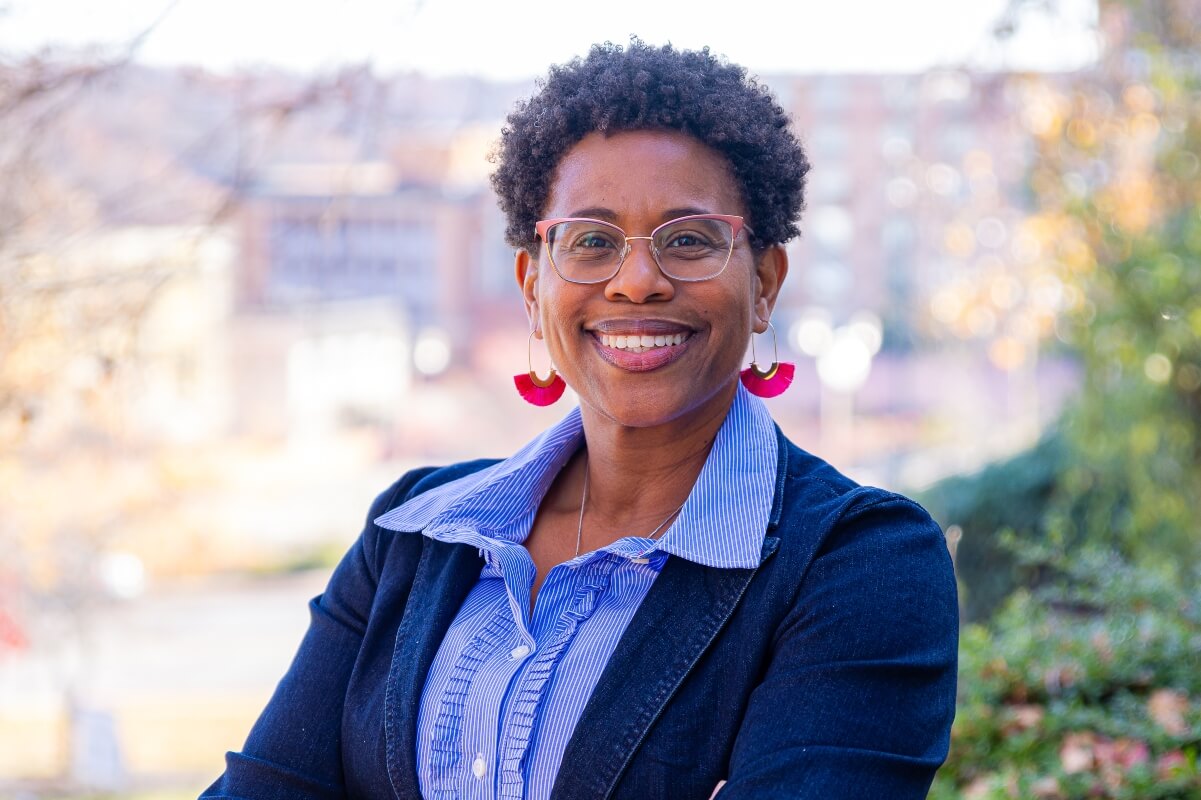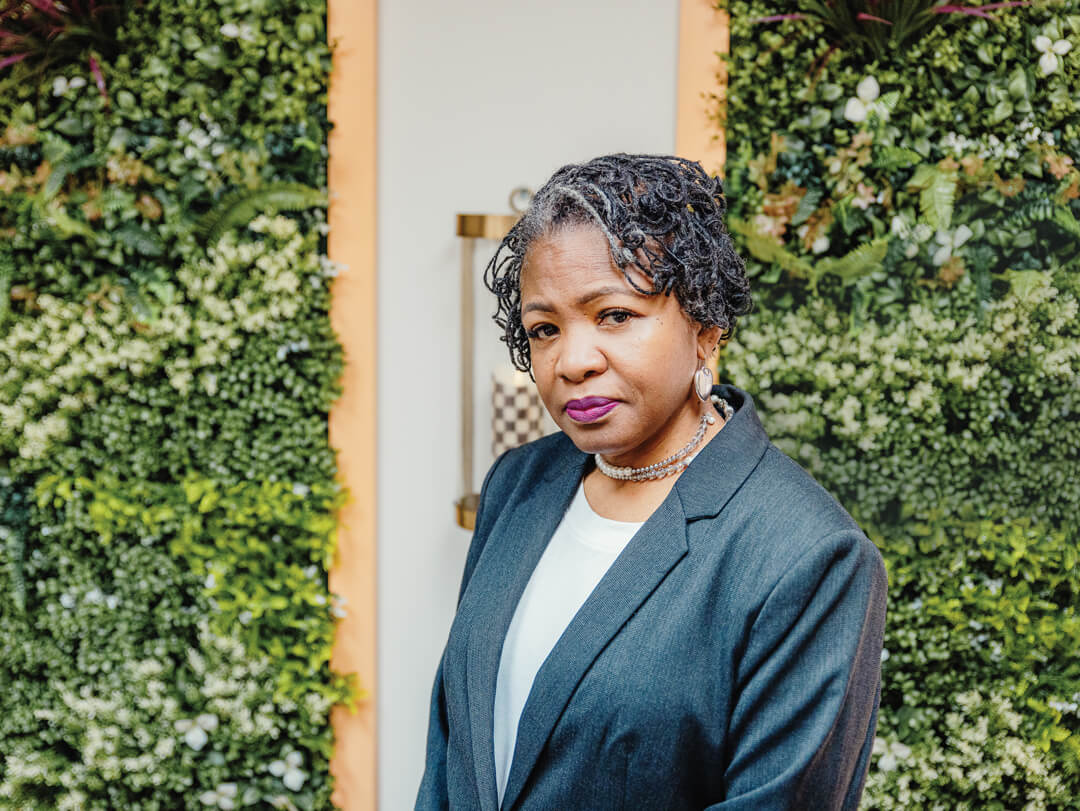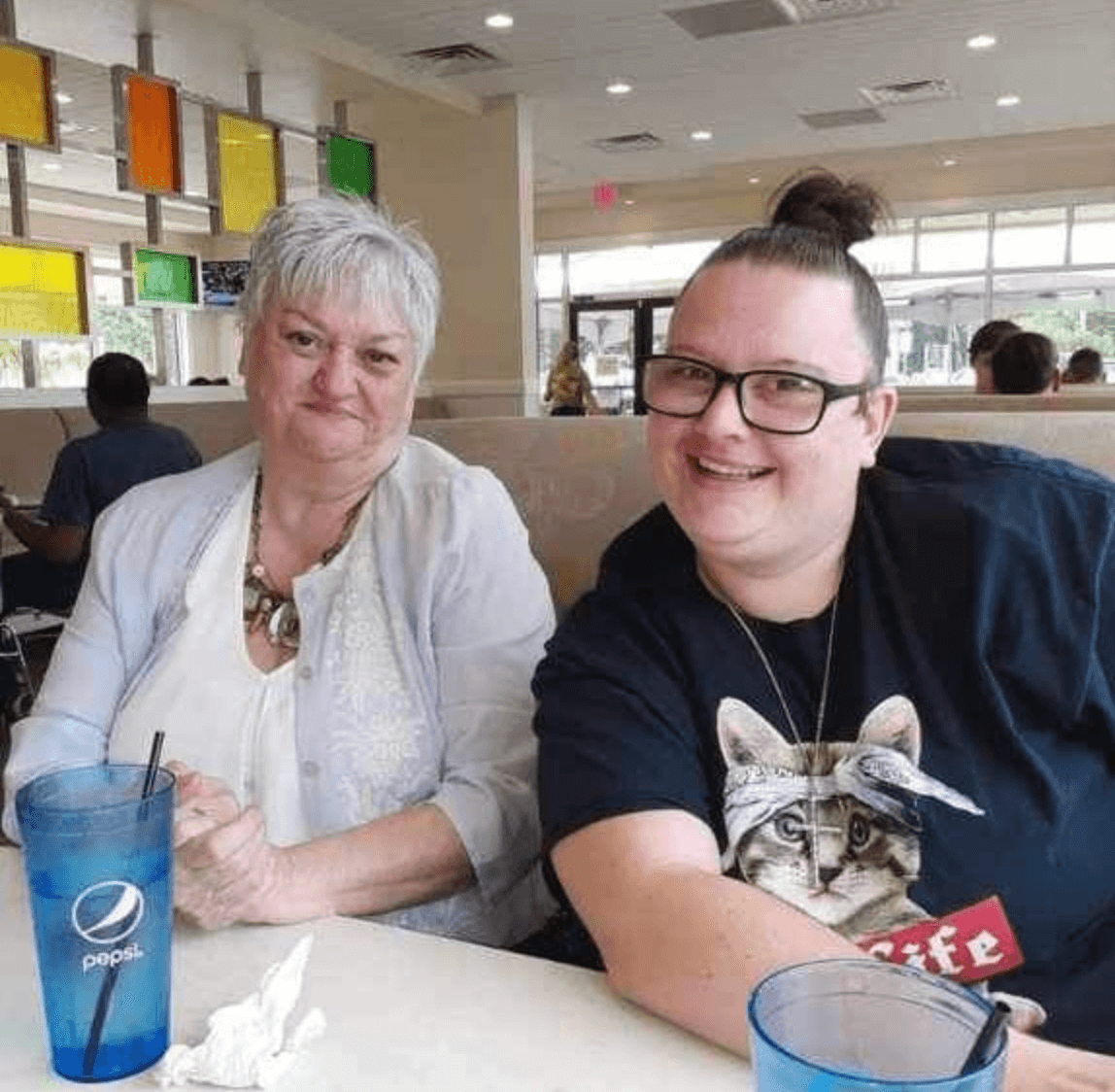NESTLED IN the heart of Virginia, Horizon Behavioral Health is orchestrating a quiet revolution in mental health care. A plan for a new crisis receiving center (CRC) has garnered support on a local and national level. The powerhouse mental health initiative will offer a place where anyone experiencing a mental health crisis can receive immediate help and get connected to long-term support.
“We offer a variety of services to individuals across the lifespan by providing a continuum of community-based treatment, prevention, early intervention, and aftercare services for persons affected by mental health, intellectual disabilities, substance use, and co-occurring disorders,” Gabriella Smith, the director of communication and community engagement at Horizon, said. “The crisis receiving center will bring new services to Horizon and serve as an entry point to our wrap-around service options.”
Construction will begin in 2024, with a planned opening in 2025. According to their website, the CRC services will include walk-in mental health evaluations, 24-hour observation, residential crisis stabilization, and detox services. Individuals can access the CRC voluntarily or be brought to the center by a police officer under an emergency custody order or temporary detention order. This is an essenti m al resource for local law enforcement officers who may spend hours in a hospital emergency room waiting for a mental health unit or a residential facility to open up.
“I think a big part of this is just making sure that we’re listening to the needs of our community,” Smith said. “A big part of that is monitoring data that we can recognize. ‘Okay, this is where the greatest needs are for our community members. What can we do to support them and bridge that gap where people fall into the cracks?’ And a big part of that is that crisis piece and not being able to receive services and immediate care in that way.”
Data shows the implementation of this type of facility should divert individuals away from psychiatric hospitalization, reducing the strain on emergency departments and law enforcement agencies that often have to intervene in mental health crises. This is particularly important given the increased demand for mental health services across the nation. By providing an effective alternative, Horizon could prevent problems from escalating, potentially saving lives.
“The CRC is very, very exciting because it’s an additional resource to assist individuals who need immediate treatment and response in relation to a mental illness,” Smith said.
In a statement, Horizon CEO Melissa Lucy said community partnership made it all possible.
“The vision for this crisis receiving center would not be a reality without collaborative partnerships among key community organizations, law enforcement partners, and support from local and state representatives.”
Horizon employs various evidence-based practices, making its approach unique in the industry. They offer therapy and outpatient services, case management, psychiatric evaluations, school-based services, and more, providing an all-encompassing support network for individuals and families.
“We are able to provide all of them to the entire family here through one organization, which overcomes a huge barrier for a lot of families,” Smith said.

Their multi-faceted approach helps tailor treatment plans to suit the specific needs of each client who may come for help working through substance abuse issues, mood disorders, trauma, and more. Horizon has several locations for patients to visit in person and has begun offering telehealth options to make their care even more accessible.
We strive to make sure that our services are very accessible, they’re consumer-centered, cost-effective, and outcome-based,” Smith said.
According to a slew of written testimonies, going through their programs has been life-changing for clients.
“It was so worth it. I never thought that I would own my own home. And here I am, having just bought my own house.”
“This day, to me, means opportunity. To not have to sit behind four walls but instead be given the opportunity to work on myself with individuals and peers supporting me along the way was an eye-opening experience. It’s given me a second chance at life.”
“Even out of all of my friends, my therapist was the only person who stood by me, even when I messed up. She always had hope left for me, and I knew she had faith in me. Knowing that gave me a lot of comfort.”
“I wouldn’t have reached out for help on my own. But it is such a blessing to know that there are people that want to help and can. To have a case manager who knows your needs and knows that you wouldn’t reach out on your own means the world to me!”
Smith said it’s inspiring to sit down with their clients and hear about their journeys with substance abuse and mental illness.
“It’s amazing to see the resiliency in some of our clients and just kind of hear and understand the hardships that they went through,” Smith said. “And then all of the hard work and intentionality that it takes to really turn their life around, not only for themselves but often because of the love that they have for their family members and especially wanting to be able to provide for their children.” GN






